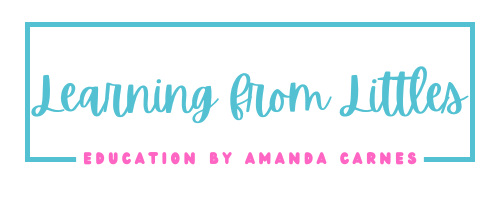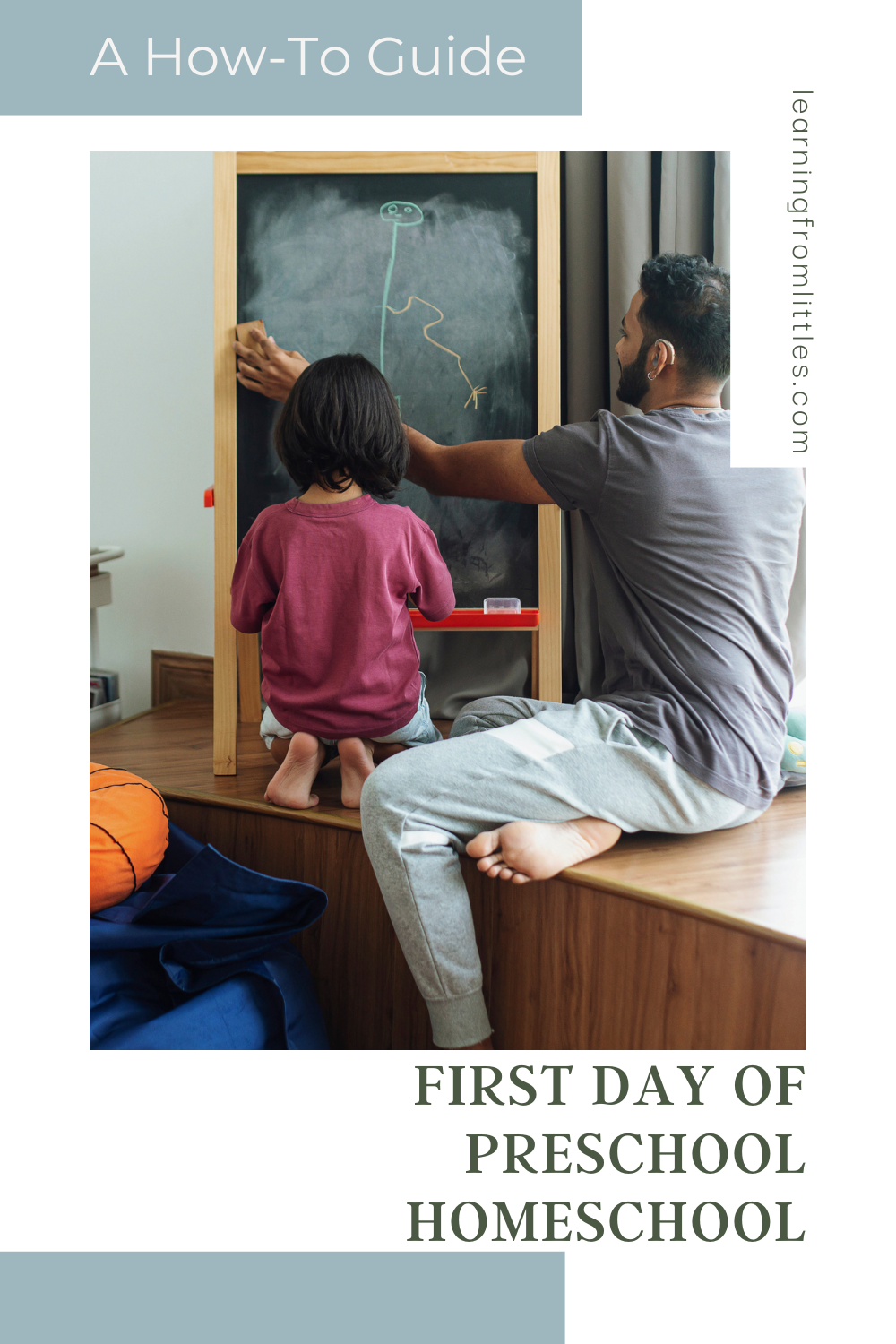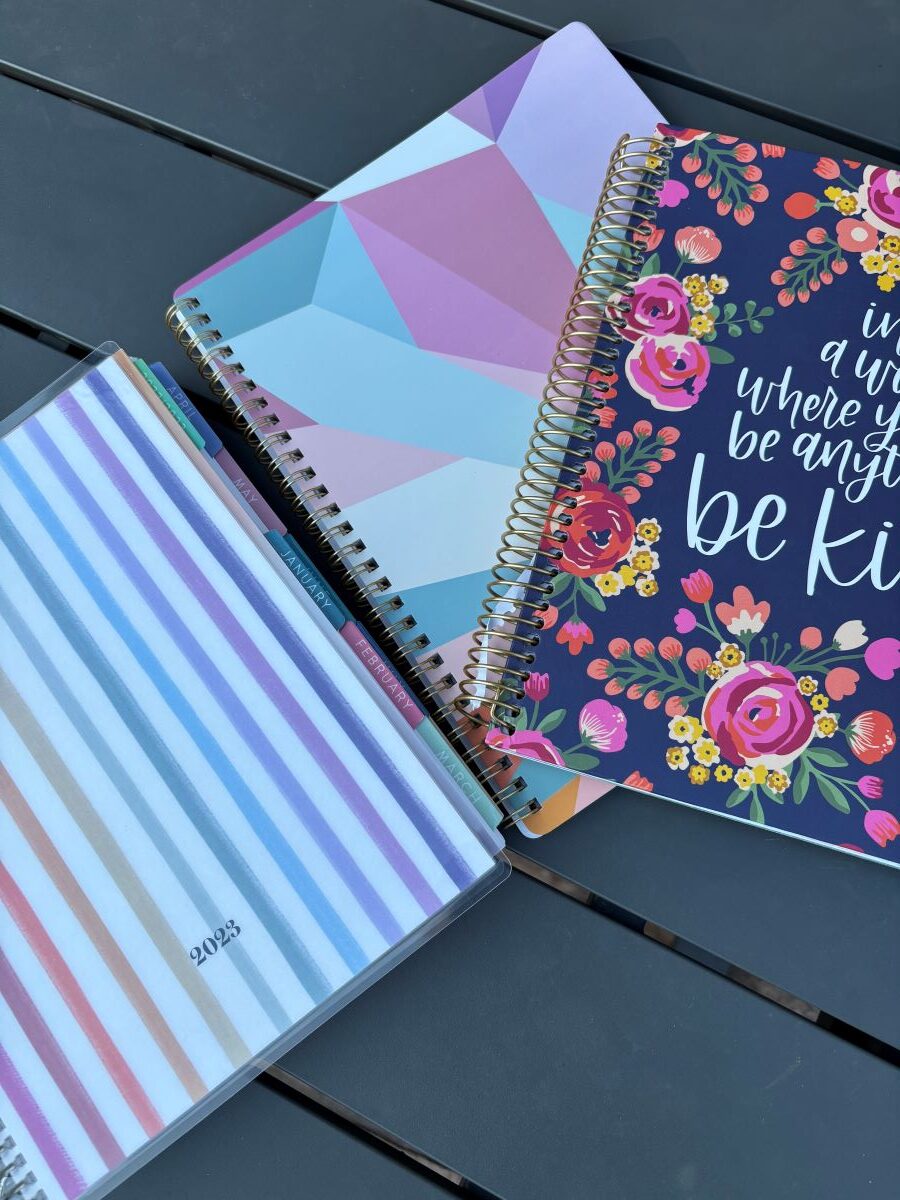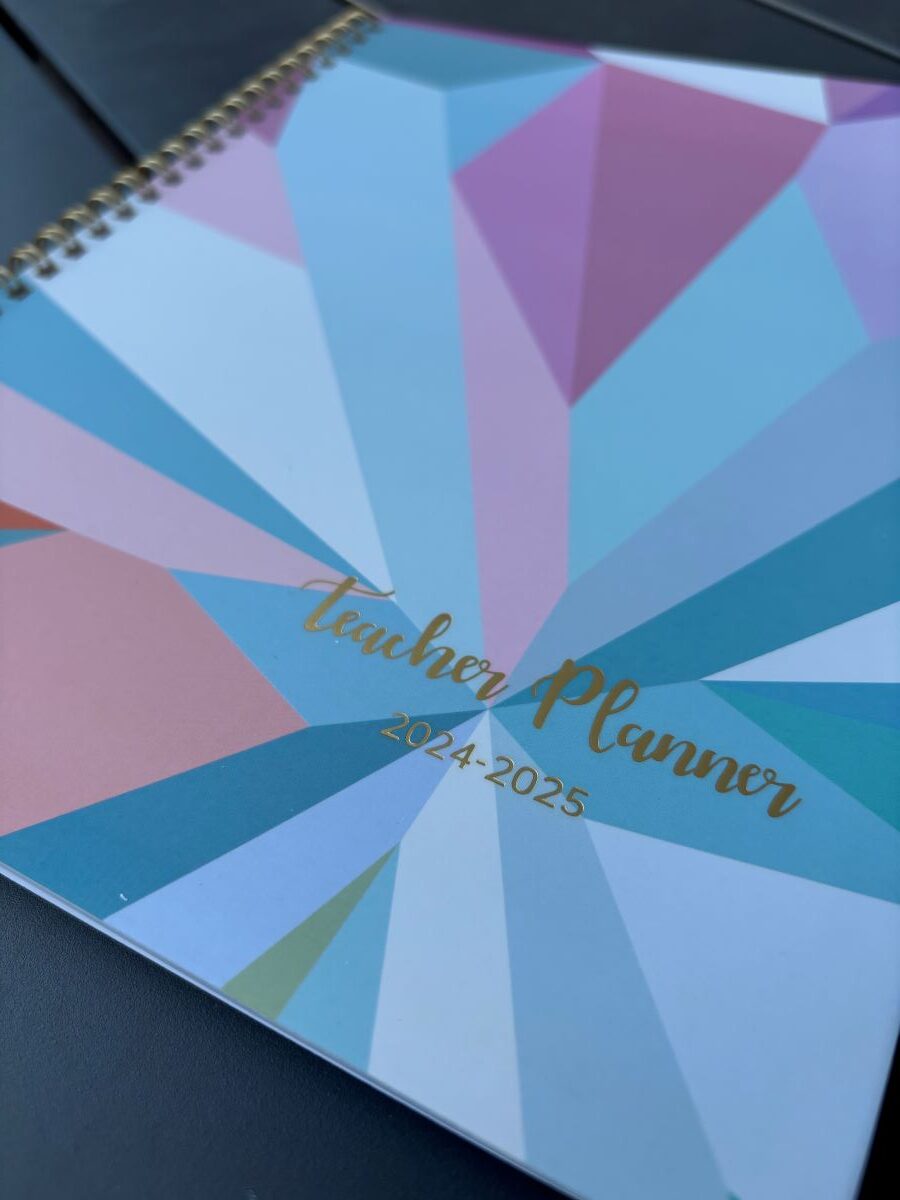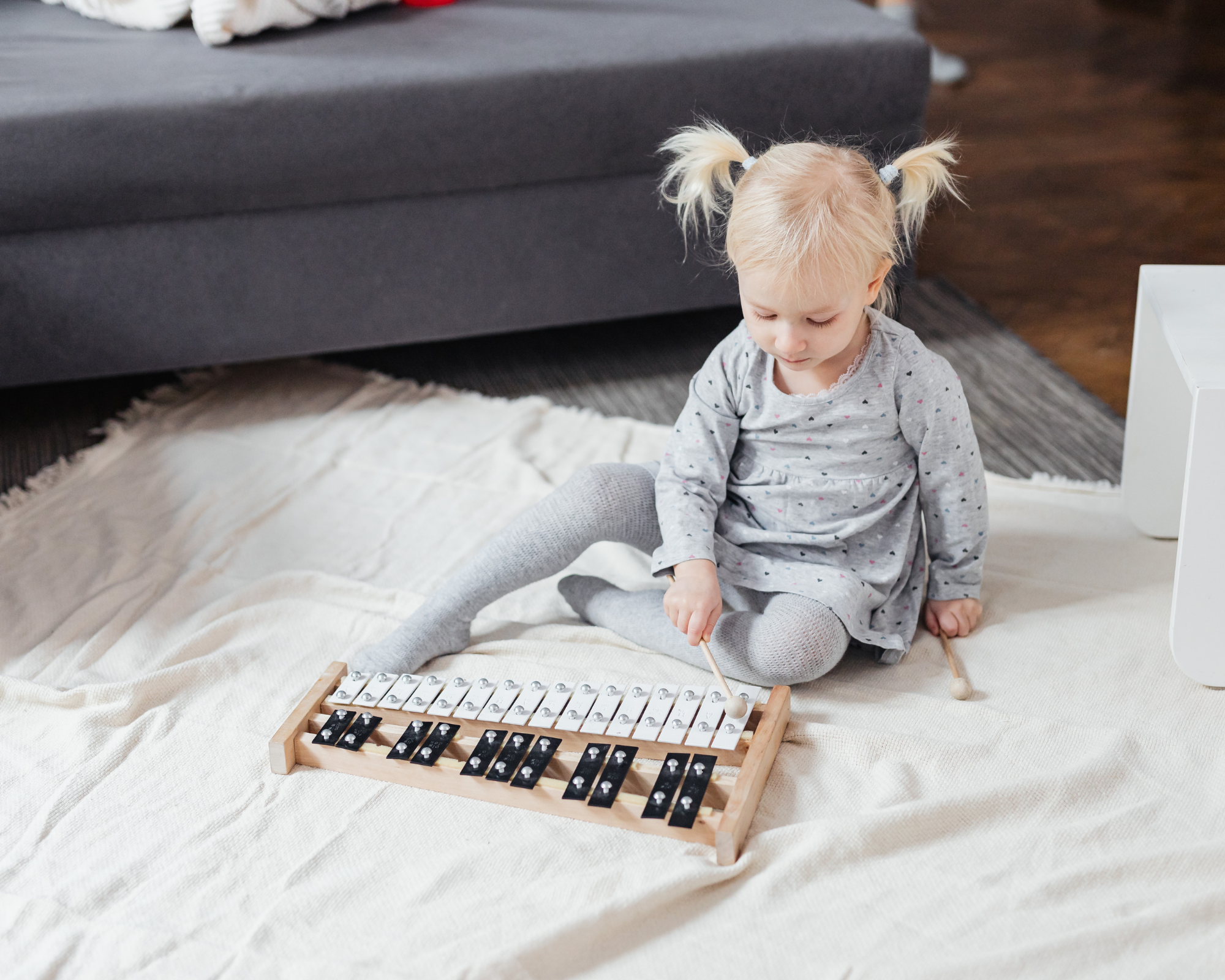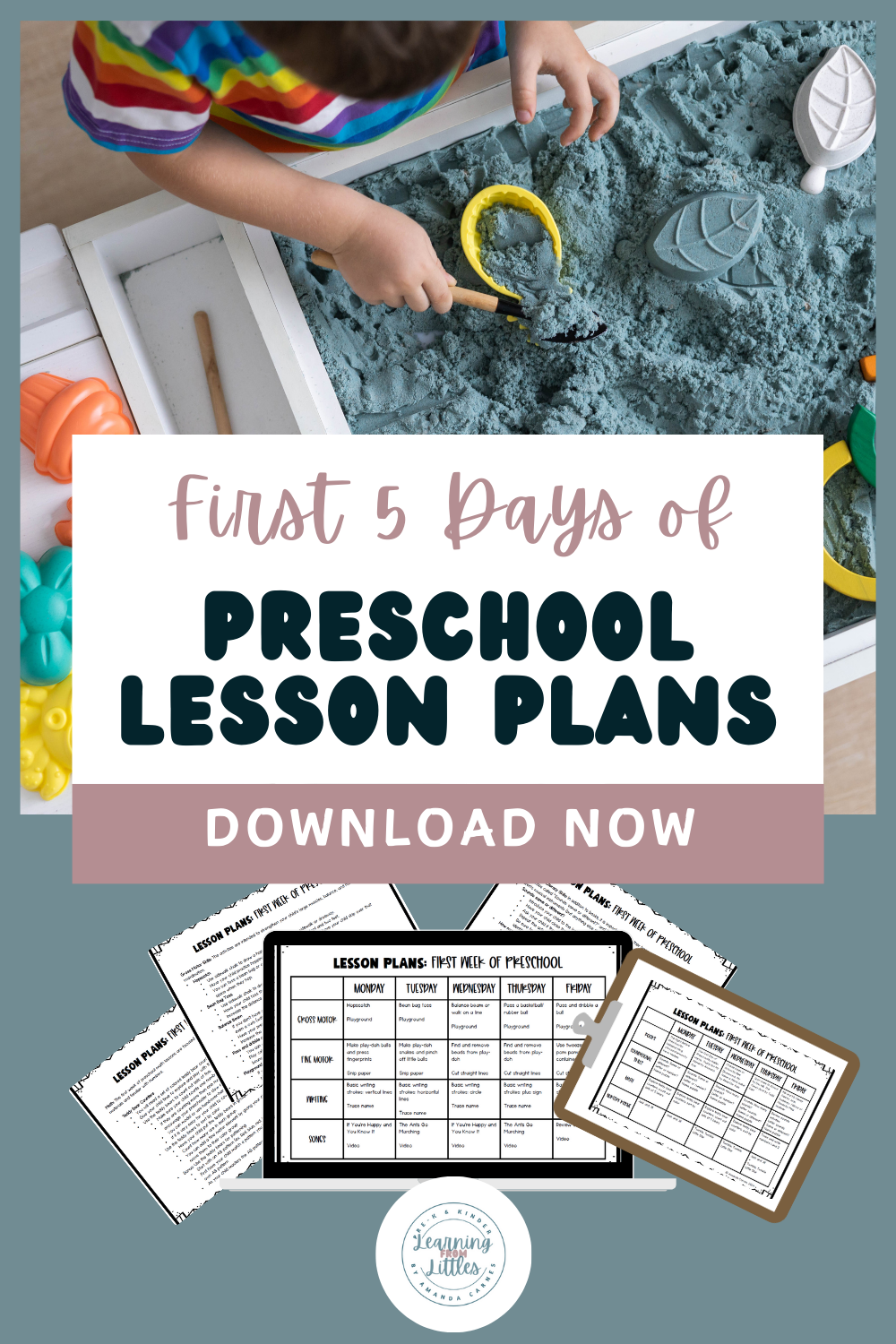Best Nursery Rhymes for Preschoolers
Most of us learned those sing-songy poems when we were little, whether at home, daycare, or school. It may surprise you that learning nursery rhymes is becoming a thing of the past, but you can keep the oral tradition alive by teaching your children the best nursery rhymes for preschoolers.
This is a shame that so many children will never learn the fun of singing or acting out a popular nursery rhyme! There are a ton of benefits of hearing, reciting, and playing with the words of nursery rhymes.
Nursery rhymes engage kids in literacy and word play in a way that doesn’t seem like learning.
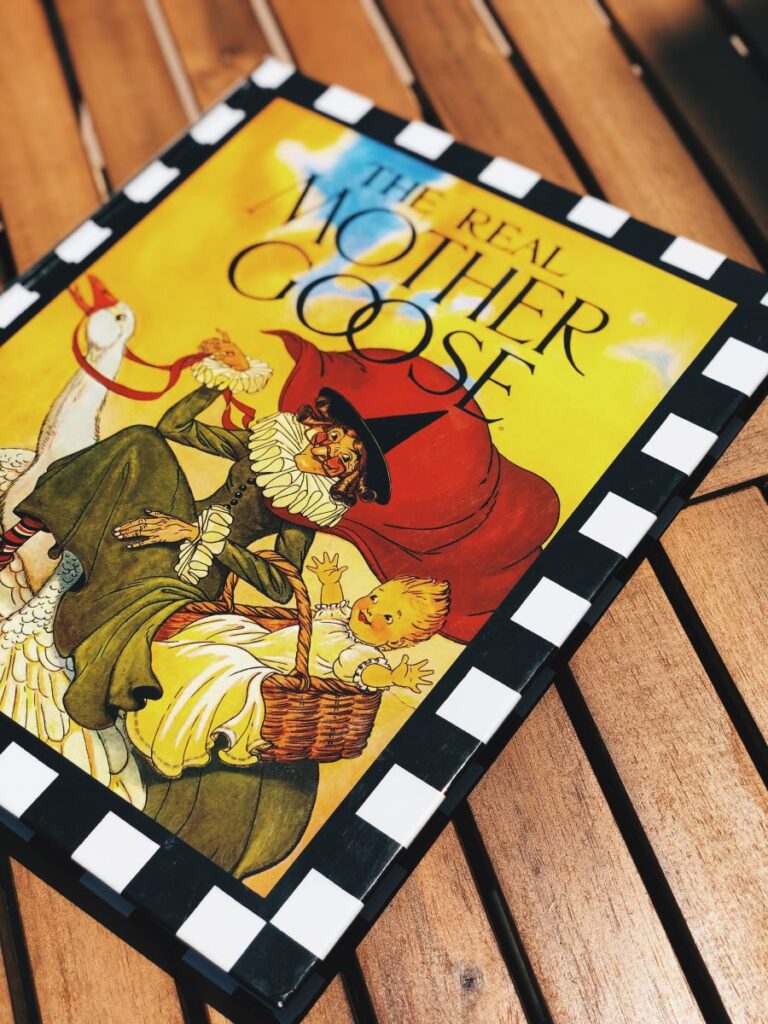
The benefits of learning nursery rhymes
The largest influence on student success in school (think quick learners, high school graduates, and success in college and career) is being read to as a child. As a result, reading and reciting nursery rhymes contributes to this success.
Rhythm
While children listen to and learn nursery rhymes, they pick up on rhythm and cadence. This encourages clapping, swaying, jumping, etc. Therefore, these actions stimulate brain development!
Hearing and repeating the rhythm of nursery rhymes also helps children communicate with a better pattern of speech, as they recognize when to naturally pause and how to group words into phrases.
Phonemic Awareness
Obviously, nursery rhymes include words that… you guessed it… rhyme. Research shows that preschool-age children’s ability to recognize and produce rhyming words is a strong indicator of future success in reading.
Phonemic awareness skills, like rhyming, are necessary for children to develop phonics skills. Distinguishing between sounds, hearing specific sounds in words, isolating sounds, adding and deleting sounds, and changing sounds in words are all examples of phonemic awareness skills.
Phonics is taking those sounds and connecting them with a letter. When children sound out words (decode) they are using phonics skills.
Phonemic awareness and phonics can be taught in conjunction with each other, but basic sound awareness comes earlier than letter-sound correspondence.
Nursery rhymes are a treasure trove of phonemic awareness opportunities!
From rhyming to alliteration (the same beginning sounds), the best nursery rhymes for preschoolers provide a natural way for children to acquire awareness of sounds (phonemes).
Vocabulary
Children who have a vast vocabulary will most likely comprehend what they read better than children with a smaller vocabulary.
Vocabulary adds to a child’s background knowledge about a particular topic, so when they are reading or listening to a story or information, their brain can focus on processing the information instead of trying to make sense of important words that are necessary for understanding.
Vocabulary words are packed into nursery rhymes. I find it best to explain these words and, when possible, show a picture to the child for a clear understanding of what that word means.
The more times children appropriately use a word, the more likely it is to stick and for them to remember what it means.
This means that reciting nursery rhymes helps children understand and remember the vocabulary words they’ve learned.
Oral Comprehension
Knowing how to decode words and read sentences is pointless if you don’t understand what you are reading.
Many of the best nursery rhymes for preschoolers include actions that not only add to the fun, but also help children understand the story of a nursery rhyme.
Nursery rhymes are perfect for working on comprehension because they are generally short, easy to remember, and can be repeated. Each time a child hears or recites one of these rhymes they have a chance to understand it a little more.
FUN!
If all of the brain boosting benefits weren’t enough, kids just learn nursery rhymes because they are just fun!
As an early childhood teacher, I hear children singing and chanting all the time. This is because young children are absolutely drawn to repetitive, sing-songy chants and poems.
Think back to when you were a kid; did you have jump-roping chants or hand clapping games? Certainly, many of those are nursery rhymes, like Patty Cake, Miss Mary Mack, and Say, Say, My Playmate.
Honestly, some of my best memories with my friends are doing some of those chants and games.
Therefore, I want to give my children and students the fun of nursery rhymes that they can recite at home and with friends, and I want to give you the resources you need to to teach them to your children.
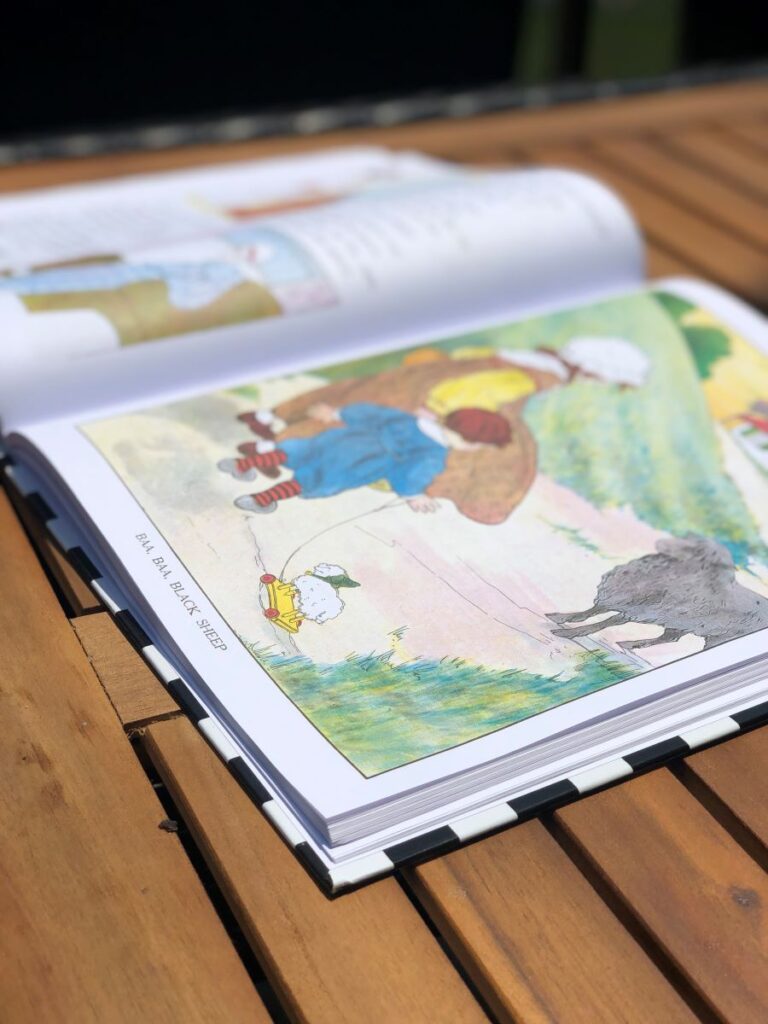
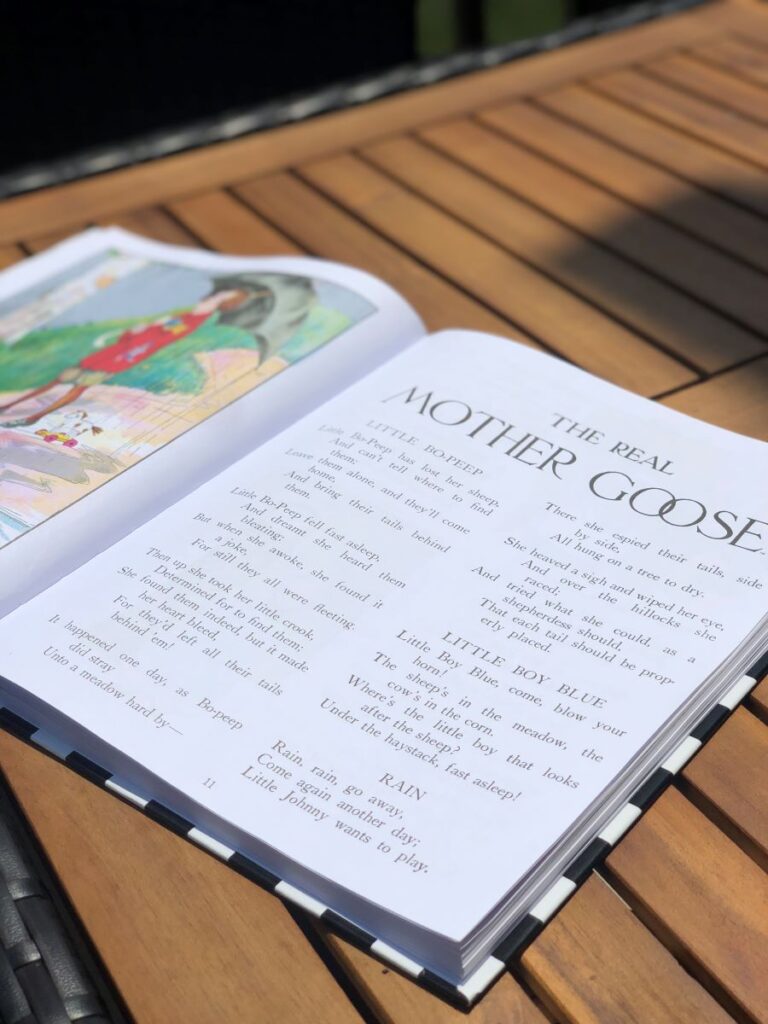
How did nursery rhymes come about?
Many nursery rhymes are very old. Some of them, surprisingly, date back to the 16th and 17th centuries!
Even though nursery rhymes sound like cheerful, playful songs for children, many of them were actually popular songs of their time even with adults. A lot of them have been traced back to historic events or tied to everyday life in these early centuries.
Some were originally meant as political satire, like The Grand Old Duke of York, but others were legitimately created for children.
Apparently, Humpty Dumpty was not a person or an egg (who knew? 🤪), rather it was a cannon. Seriously, an actual cannon was called Humpty Dumpty in the 1640s.
Even crazier still, Baa Baa Black Sheep is rooted in the fact that King Edward I started a wool tax clear back in 1272. That means some of these nursery rhymes have been around for almost 800 years!
Pop Goes the Weasel was a popular song during Victorian times in England and was commonly played at music halls. A weasel is a tool used by spinners to measure yarn and the correct length is measured, the weasel makes a popping sound.
It is nearly impossible to accurately identify the specific origins of many nursery rhymes.
These songs, chants, and poems were told orally for decades, if not centuries, before they were written down. Most of them were written in the 18th century.
Historians and literary enthusiasts determine the origins of these popular children’s rhymes based on their knowledge of events and life during these times.
Ultimately, it has been found that the words and meanings of nursery rhymes may have been changed to match the language and events throughout the centuries.
There is controversy about some of the best nursery rhymes for preschoolers.
Some of our favorite songs and rhymes have some dark meanings and pasts. Subsequently, parents may wonder if they are appropriate to teach our children.
One of the most popular nursery rhymes ridden with controversy is Ring Around the Rosie, because this song is about the dark history of the Bubonic Plague.
Mary, Mary Quite Contrary is supposedly about Queen Mary I and consequently, her garden in the song is thought to represent the graveyard where she had murdered protestants buried.
One origin story of London Bridge is Falling Down goes back over 1000 years! In this story, a Viking tied ropes and rowed away from the bridge, pulling it down. This Viking would eventually be King Olaf II of Norway.
A great number of these poems have been altered throughout history to make them more appropriate for children, but should we continue to teach our children these “gruesome” rhymes? In my opinion, yes.
As mentioned above, these songs and chants have evolved throughout history to fit the current events and culture of various times. Why can’t they have more innocent meanings in our culture?
There is sort of an appeal to know the “true” story behind these seemingly innocent children’s rhymes, even if we don’t want our children to understand their original meanings.
Our favorite rhymes can take on new meaning and entertain a new generation who will carry on the oral and written tradition of nursery rhymes.
Collections of nursery rhymes
There are numerous books that compile nursery rhymes. At our house we have The Real Mother Goose illustrated by Blanche Fisher Wright.
Here is a list of other great collections of nursery rhymes:
- The Complete Collection of Mother Goose Nursery Rhymes by Mother Goose and Gina Baek
- Nursery Rhyme Treasury Box Set by Miles Kelly
- Mother Goose: More Than 100 Famous Rhymes by Eulalie Osgood Grover and Frederick Richardson
- My Nursery Rhymes Collection by Hinkler Books
- My Wonderful Nursery Rhyme Collection by Editors of Silver Dolphin Books
- Favorite Nursery Rhymes from Mother Goose by Scott Gustafson
- A Child’s Treasury of Nursery Rhymes by Kady MacDonald Denton
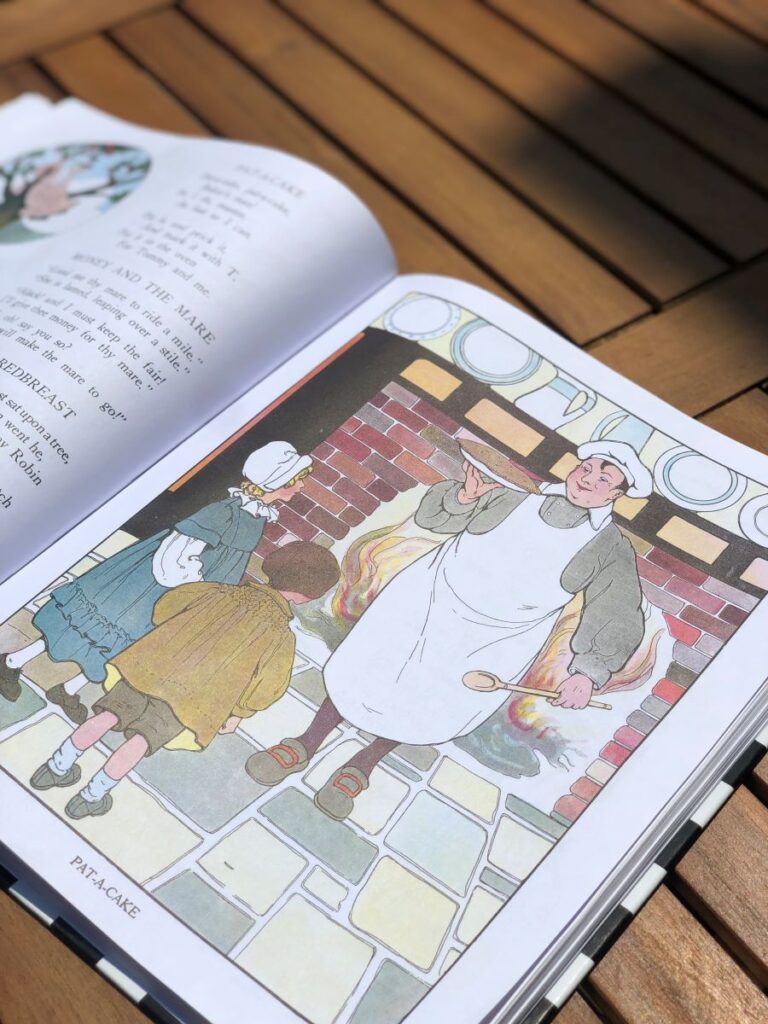
List of the best nursery rhymes for preschoolers
There are so many nursery rhymes to choose from! How do you know which will be the most fun and educational? To make it easy, I have done the work for you here. As a result, these are the nursery rhymes that are taught in my classroom and to my own children.
These are the best nursery rhymes for small children to learn:
- Little Jack Horner
- Twinkle, Twinkle, Little Star
- Sing a Song of Sixpence
- The Grand Old Duke of York
- Jack and Jill
- Ring Around the Rosie
- The Itsy-Bitsy Spider
- Oats, Peas, Beans, and Barley Grow
- Rain, Rain Go Away
- Here We Go Round the Mulberry Bush
- Mary, Mary Quite Contrary
- Little Miss Muffet
- It’s Raining, It’s Pouring
- Little Bo-Peep
- A Sailor Went to Sea
- Humpty Dumpty
- Oh Where, Oh Where Has My Little Dog Gone?
- Little Boy Blue
- I’ve Been Working on the Railroad
- Pat-a-Cake
- To Market, To Market
- The More We Get Together
- Hickory, Dickory Dock
- One Potato, Two Potato
- Pop Goes the Weasel
- Wee Willie Winkie
- See, See My Playmate
- Baby Bumblebee
- Diddle, Diddle Dumpling
- Five Little Ducks
- The Muffin Man
- One, Two Buckle My Shoe
- Baa, Baa Black Sheep
- Hey Diddle, Diddle
- Old King Cole
- Miss Susie
- Rock-a-Bye Baby
- Pease Porridge Hot
- Aiken Drum
- Peter Piper
- Ten in the Bed
- London Bridge
- If You’re Happy and You Know It
- Old McDonald Had a Farm
- Mary Had a Little Lamb
- I’m a Little Teapot
- The Farmer In the Dell
- Once I Caught a Fish Alive
- A Tisket, a Tasket
- Miss Mary Mack
- John Jacob Jingleheimer Schmidt
- Did You Ever See a Lassie?
- Five Green and Speckled Frogs
- Head, Shoulders, Knees, and Toes
- Hickety, Pickety Bumblebee
- Jack Be Nimble
- My Bonnie
- Row, Row, Row Your Boat
- Skip to My Lou
- Star Light, Star Bright
- Teddy Bear, Teddy Bear
Leave a comment with the nursery rhymes you and your little one like to sing at home!
More Preschool Literacy:
Literacy for preschoolers doesn’t end with nursery rhymes! In addition, check out the best books for preschoolers.
There is a great website where I collected a lot of the information about nursery rhyme history. Click the link to learn more: https://www.historic-uk.com/CultureUK/More-Nursery-Rhymes/
